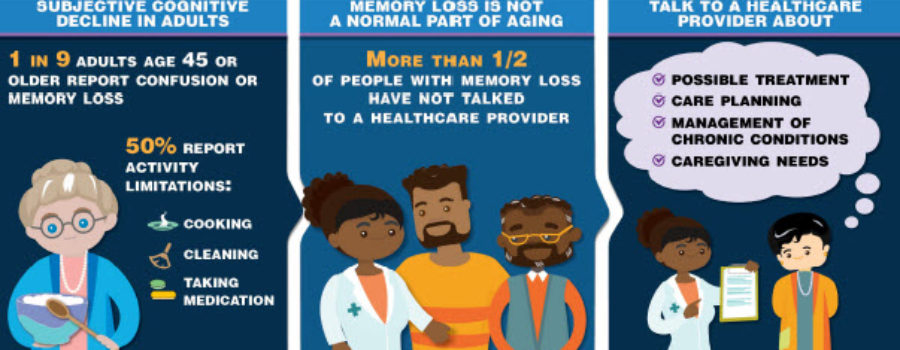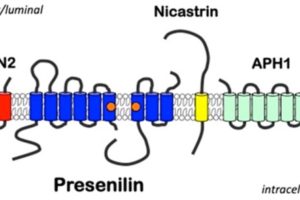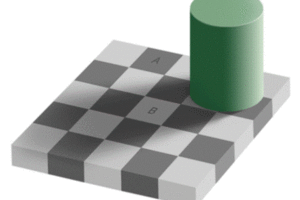Alzheimer’s is the 6th leading cause of death in humans. It is a fatal neurodegenerative disease that gets worse over time (progressive neurodegenerative disease). It is one of the neurodegenerative diseases that has no cure. Research is being done to help those with Alzheimer’s and a cure maybe in sight.
Alzheimer’s has 5 distinct stages. These stages are important because they can help medical professionals determine how long the patient has had Alzheimer’s and the severity of their particular disease. These stages are listed below.
- Preclinical Alzheimer’s disease: This is the stage before the diagnosis where everything appears normal, but due to the genetics of Alzheimer’s, the patient may already have Alzheimer’s and not know it yet.
- Mild Cognitive Impairment: This stage is when the patient begins to lose some of their memory, but not enough for it to be associated directly with Alzheimer’s. Therefore, the patient at this stage may still not know that they have Alzheimer’s. An important fact is that while Alzheimer’s disease patients will have mild cognitive impairment, not all people with mild cognitive impairment have Alzheimer’s. Sometimes the crossover between these two ailments leads to an incorrect diagnosis of Alzheimer’s.
- Mild Dementia: This stage is when the patient starts forgetting large portions of their memory, to the point where it is noticeable to them and their relatives. They also start having difficulty with problem-solving, their inner personality, expressing and categorizing thoughts, finding their way home, and keeping track of their belongings.
- Moderate Dementia: This stage is a more profound version of the previous stage. The patient may forget more things, need assistance with simple daily activities, have mood swings, have no sense of their personality, and sometimes even randomly, but violently, lash out at others.
- Severe Dementia: This is the final stage of Alzheimer’s before the patient’s death. In this stage, the patient will have extreme difficulty moving, talking, or breathing. In addition, they will need help with all of their daily activities. In extreme cases, the patient may lose their ability to swallow. The patient may also die from pneumonia because infections in the lungs can arise from food entering them.
In conclusion, the 5 steps of Alzheimer’s are unique and helpful for determining the severity of the disease in patients. Also, knowledge of these steps can assist with finding a cure. For now, the best thing to do for someone with Alzheimer’s is to help them when they need it.
Source:







Most Commented Posts